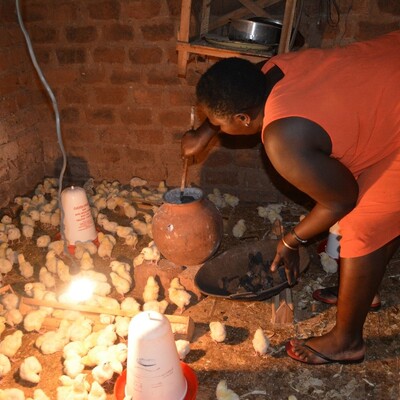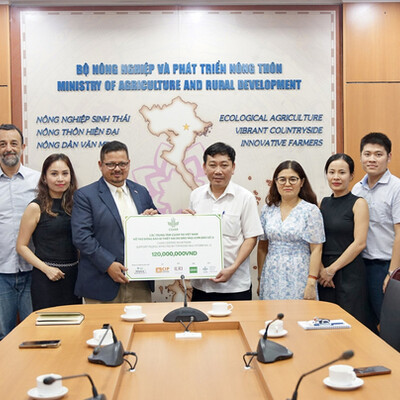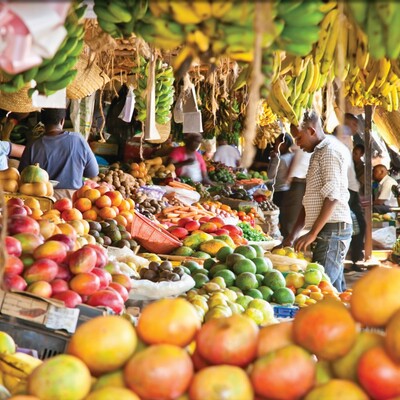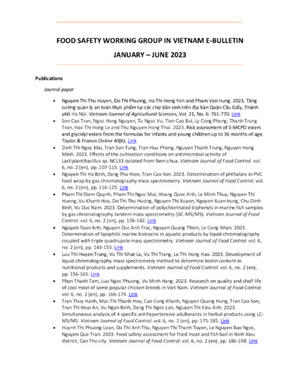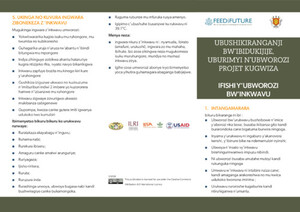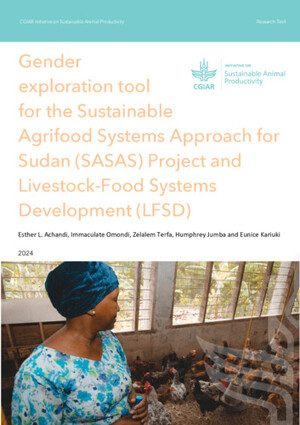
Sustainable rangeland management strategies discussed at the Convention on Biological Diversity, COP 14, Egypt
Written by Samar Tahar, programme manager, Drylands, Livelihood and Gender Programme, International Union for Conservation of Nature (IUCN)
A side event at the 14th meeting of the Conference of the Parties (COP) to the Convention on Biological Diversity (CBD) was organized by the International Land Coalition (ILC) Rangelands Initiative global partner IUCN, on sustainable rangeland management strategies and practices on 25 November 2018 in Egypt.
Under the umbrella of Healthy Ecosystems for Rangeland Development (HERD) and in collaboration with UN Environment and national partners and support from the Global Environment Facility (GEF) the event aimed at encouraging collective action to put forward a global agenda on sustainable rangeland management to save the remarkable biodiversity of global rangelands.

Bedouin Herder in the Hima of Era-Jordan (photo credit: IUCN/ILC Rangelands Initiative/Mahfouz Abu Zanat).
Around 40 participants representing various countries of the COP14 CBD attended the event. In his welcoming remarks, the Egyptian Ministry of Environment focal point to the CBD Khaled Allam, expressed hope that the current GEF-funded HERD project will be implemented in Jordan and Egypt along with a component on regional and global scale-up of the project. Samar Taha, program manager of the Drylands, Livelihoods and Gender Programme of IUCN, introduced HERD as a global initiative that aims to significantly improve ecosystem services in rangelands through low-cost investments in communal governance. Sheila Wertz-Kanounnikoff, from the Food and Agriculture Organization of the United Nations (FAO), presented FAO’s work in improving governance of rangelands and supporting pastoralists around the world.
In a subsequent panel discussion panelists talked about the key considerations when establishing a national policy framework that promotes sustainable rangeland management. They said national policies would ensure good rangeland governance by empowering pastoralist communities to take part in decision-making.
Panelists also highlighted success stories from the revival of ‘hima’ practices in Jordan and employing participatory planning in Egypt. The word hima means ‘protected’ in Arabic, and is a traditional rangeland management system in which land and key resources are set aside so that communities can conserve them and regulate their use.
The updated Jordanian rangeland strategy was presented as a progressive example of respecting customary governance institutions and building on the successful model of Hima. Panelists from the HERD project countries examined the national challenges and opportunities for optimizing rangeland governance. Levis Kavagi from UN Environment concluded the panel discussion by emphasizing ways to prioritize rangeland issues in national and international policies.
Finally, questions from the audience and issues on the need to mainstream existing good practices, ways of diversifying finances, and conducting capacity building programs for local communities and government institutions managing rangelands were thoroughly discussed.
Edited by Meron Mulatu.







